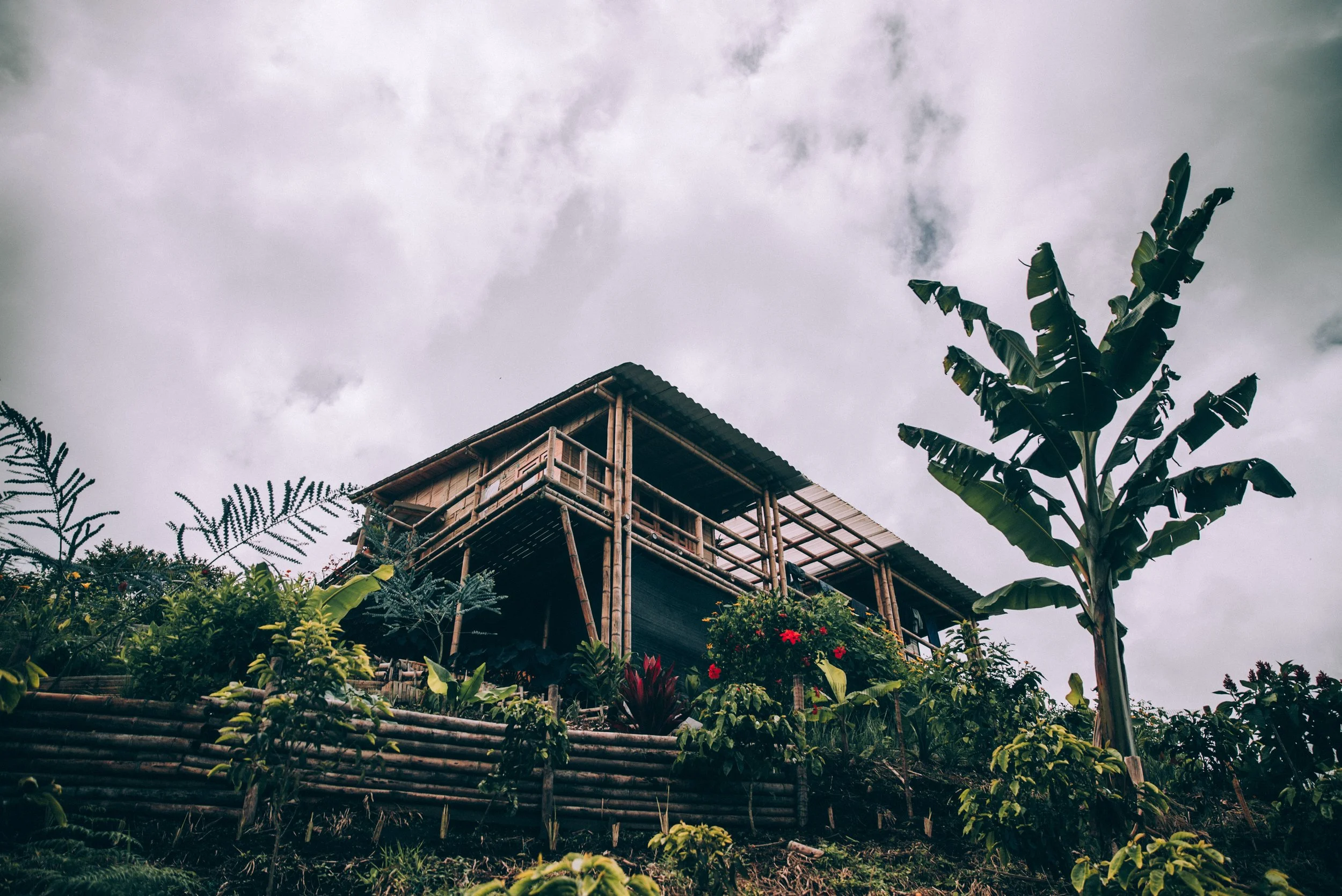WHAT COFFEE PROCESSING CAN LEARN FROM WINEMAKING In collaboration with Lucia Solis
WHAT COFFEE PROCESSING CAN LEARN FROM WINEMAKING
In collaboration with Lucia Solis
Listen to the full episode on the link here:
In this episode of the Nomad Barista podcast, we have a two-part conversation with coffee processing specialist Lucia Solis. In the first part, we discuss Lucia's transition from winemaking to coffee processing and her insights into anaerobic fermentation in coffee processing.
The second part takes place in April 2022, when we visit Lucia and her husband, Nick, at their remote home in Colombia. They explore topics related to coffee processing and why they built their home on a Colombian mountainside.
Lucia, who comes from a wine background and studied viticulture and enology, now focuses on helping coffee producers in Latin America. She has launched a fermentation training camp to enhance coffee processing skills.
THE FERMENTATION MOVEMENT
Lucia Solis's background is rooted in winemaking and has a rare undergraduate degree in viticulture and enology. She initially worked in wine production in Napa Valley but transitioned to the coffee industry when Scott Laboratories approached her.
Scott Laboratories was interested in experimenting with wine yeast in coffee fermentations. Lucia's ability to speak Spanish and her willingness to travel made her an ideal fit for this venture. While the coffee industry has been innovative in exploring yeast and fermentation, Lucia highlights that coffee is still behind other industries like wine and beer, where yeast inoculation is a common practice.
She emphasizes that coffee is just beginning to catch up in terms of fermentation processes and that its complexity, with various countries, processes, and climates, presents unique challenges for standardization and innovation.
DOES COFFEE NEED FERMENTATION?
Coffee is often mistakenly associated with fermentation, but it's important to clarify that fermentation is not inherently required in coffee production. Many assume coffee is fermented due to a lack of knowledge. Discovering that coffee originates from a fruit (the coffee cherry) and undergoes fermentation can be paradigm-shifting.
In contrast to foods like wine, cheese, and yogurt, where fermentation is essential for transformation from raw materials to the final product, coffee doesn't need fermentation. It's a choice, not a necessity. While coffee processing often involves some form of fermentation, it's possible to produce coffee without it.
Comparing coffee to cacao, both are seeds of a fruit, but cacao's fermentation is essential for flavor development as it affects both the pulp and the seed's internal chemistry. In contrast, coffee's fermentation primarily affects the outer mucilage, leaving the seed's interior unaffected.
This distinction clarifies that coffee is not strictly a fermented food but rather a food that can undergo fermentation. It's not a core aspect of its production. This distinguishes coffee from cacao, where fermentation is integral to flavor development.
WHEN DOES COFFEE STOP BEING COFFEE?
The discussion around how far coffee can go and when it stops tasting like coffee is fascinating, particularly with intensely fruity flavors resulting from fermentation. Some argue that such coffee doesn't taste like coffee because it's so fruity. However, it's essential to remember that coffee is fundamentally a fruit. Traditional coffee has often been more about the roasting process and chemical reactions than capturing the true essence of the fruit.
Exploring these "extreme" or experimental processes shouldn't be seen as novelties but rather as overdue methods with significant potential. They provide greater control and consistency for coffee producers, crucial for maintaining quality and uniform batches.
CONCLUSION
In the coffee world, achieving consistent quality and maintaining familiar flavors is crucial. While novelty and unique tastes are appealing, many coffee drinkers prefer the comfort of their go-to brew. This market, seeking stability and consistency, is significant for producers looking for long-term success. The use of yeast in coffee processes offers a way to stabilize what can be a highly variable product.
The romantic notion of unpredictable, experimental processes is great for marketing but can be challenging for business. It's a bit like the artist's dilemma: the allure of producing something unconventional is what draws you in. However, at some point, you may need to make adjustments or compromises. It's not about suggesting that farmers are compromising, but rather, the coffee industry is navigating the delicate balance between tradition and innovation. While exciting progress is being made, there's still much work ahead.













